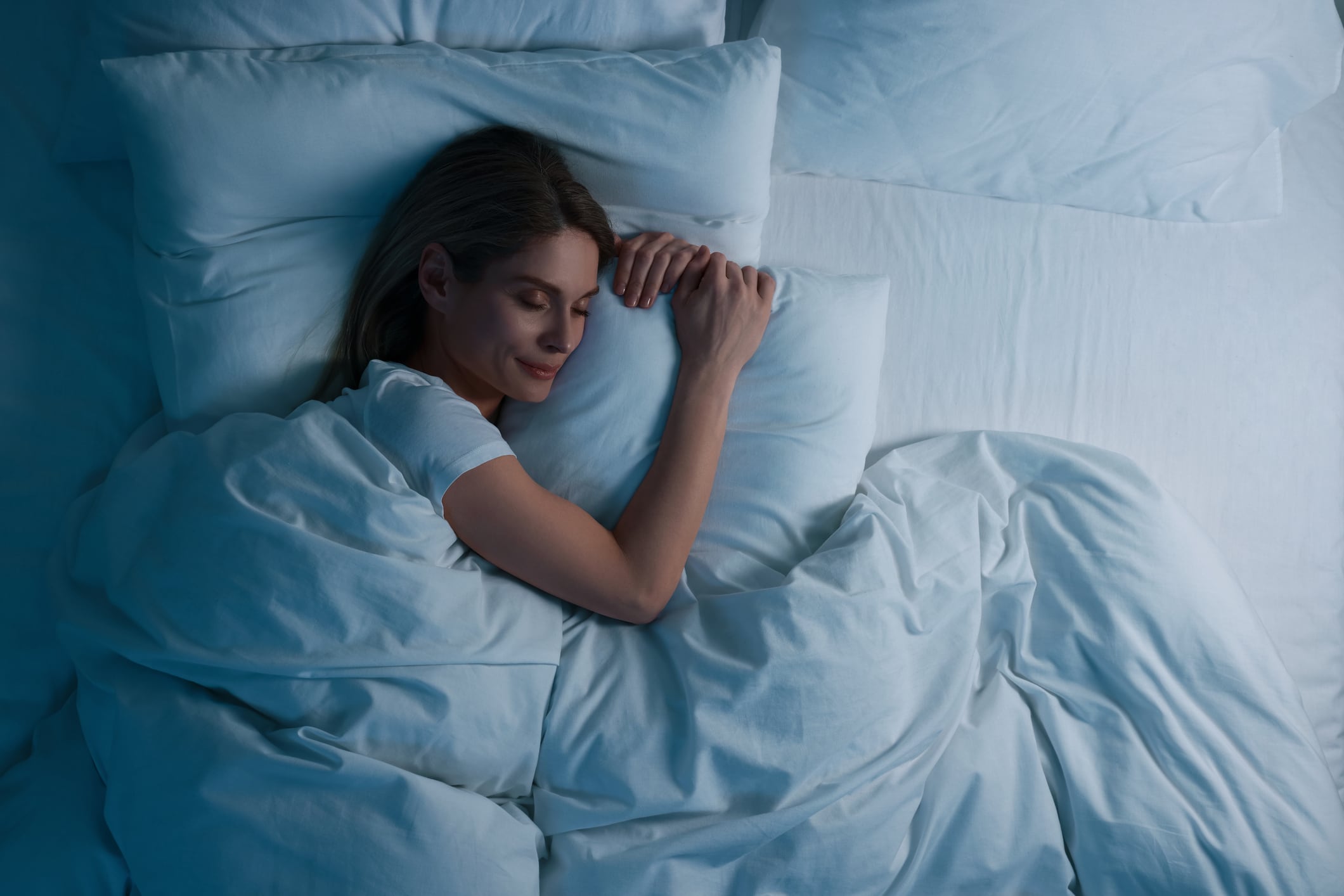Writing in the journal Food and Nutrition Sciences, researchers from RDC Clinical and the University of Queensland in Australia reported that supplementation with the Prosomial-branded extract manufactured by Network Nutrition resulted in statistically significant improvements in sleep latency, duration, quality and feeling refreshed upon waking.
“Prosomnial delivered statistically significant improvements over baseline in four key areas covered by the clinically validated sleep diary model, all of which are vitally important to achieving desirable sleep,” said Ryan Gorman, brand director at Network Nutrition, which funced the study.
“It was decided to administer the supplement in a sugar-free, vegan-friendly gummy format, in line with the popularity of this dosage form and also to demonstrate the reliable stability and palatability characteristics of the ingredient in more challenging dosage formats,” he added, noting that using an active control design was considered a more rigorous approach given the well-established efficacy of synthetic melatonin.
Gorman also shared that Network Nutrition tested four synthetic gummy supplements purchased from U.S. retail pharmacy shelves with 1 mg claimed melatonin before it identified a product that accurately contained the claimed amount, with others containing significantly more melatonin than claimed on the label.
He noted that this is consistent with previous research suggesting that many melatonin supplements provide significantly more, or otherwise significantly less the amount claimed on label.
The study builds on earlier research demonstrating Prosomnial’s potentiating effect on human melatonin receptors MT1 and MT2, which Gorman said suggests “it to be more effective than synthetic melatonin at a normalized dose.”
“We had already collected plenty of anecdotal and observational evidence pointing to the remarkable effectiveness of Prosomnial,” he said. “This study is the first to validate the comparability in humans of Prosomnial as a natural, plant-based alternative melatonin source.”
Home and lab study
The randomized, double-blind, active-controlled, cross-over study recruited a total of 26 healthy adult volunteers and randomly assigned them to either a Prosomnial or comparator group.
Participants were required to refrain from taking any other medications, supplements or foods intended for sleep, stress or anxiety. Female participants were required to be using a prescribed form of birth control.
Consenting participants completed a three-day sleep diary (Baseline 1) before visiting the clinic for an absorption assessment of the investigational product. Upon arrival in a fasted state, they provided a fasting blood sample. Further blood samples were then collected from the cannula at 10, 20, 30, 45 and 60 minutes post supplementation.
The absorption study visit was immediately followed by a seven-day supplementation phase during which participants consumed their investigational product (one gummy one hour before bed) and recorded their sleep via a daily sleep diary.
After seven days, participants crossed over to the other group following a 14-day washout period.
Outcome measures included melatonin absorption, sleep latency (time taken to fall asleep), total sleep time, sleep quality and feeling of being rested upon waking.
“The findings of this study indicate that melatonin absorption from Prosomnial was comparable to that of synthetic melatonin, with no statistically significant difference in key absorption parameters over two hours, including area under the curve (AUC), time to maximum plasma concentration (Tmax) and maximum plasma concentration (Cmax),” the researchers concluded.
Source: Food and Nutrition Sciences. doi: 10.4236/fns.2025.1610083. “The Efficacy of ProsomnialTM Compared to a Synthetic Comparator for Melatonin Absorption and a Pilot for Sleep Efficacy—A Randomised, Double-Blind, Active-Controlled, Cross-Over Study”. Authors: Rao, A. and Briskey, D.





